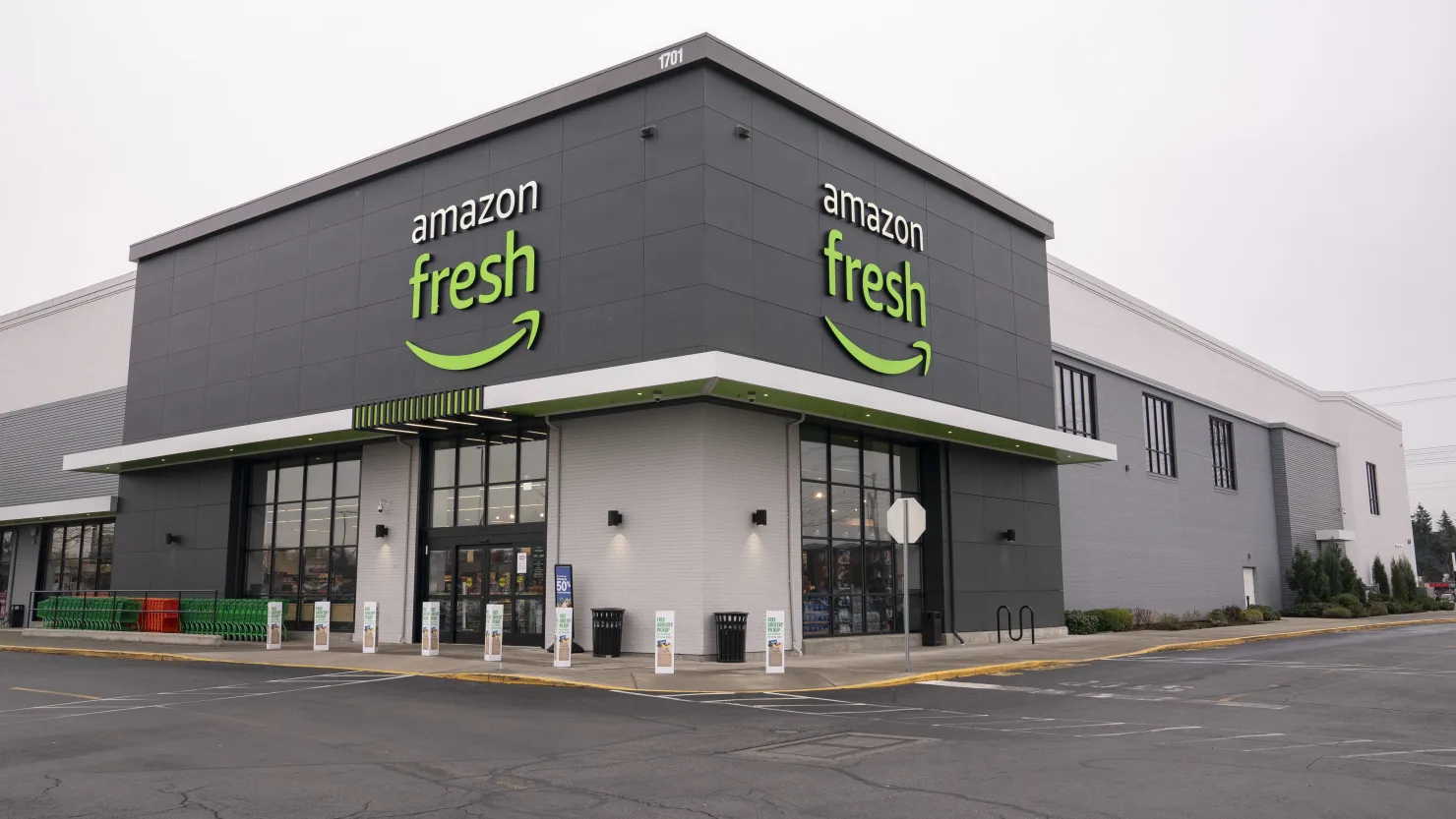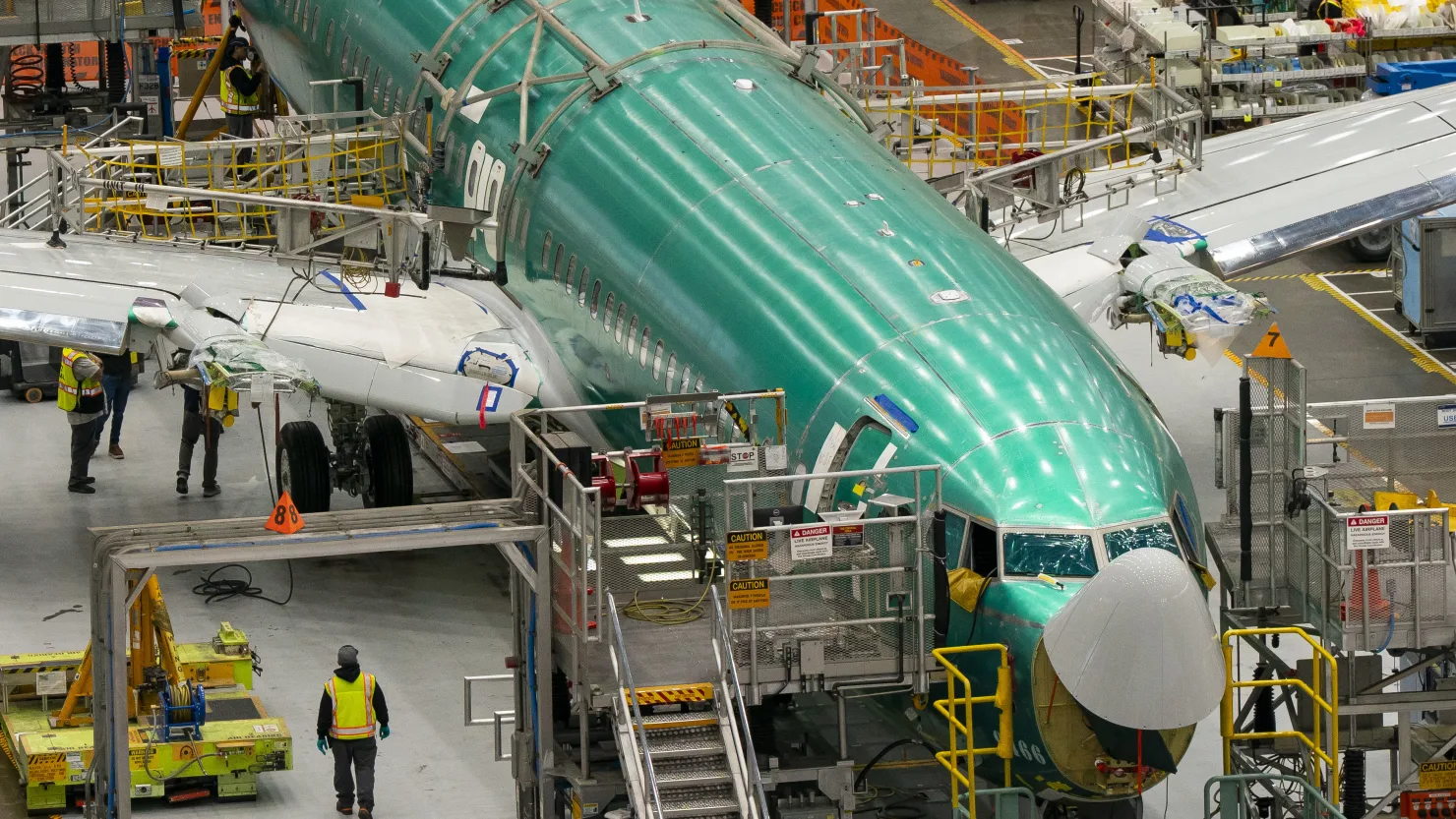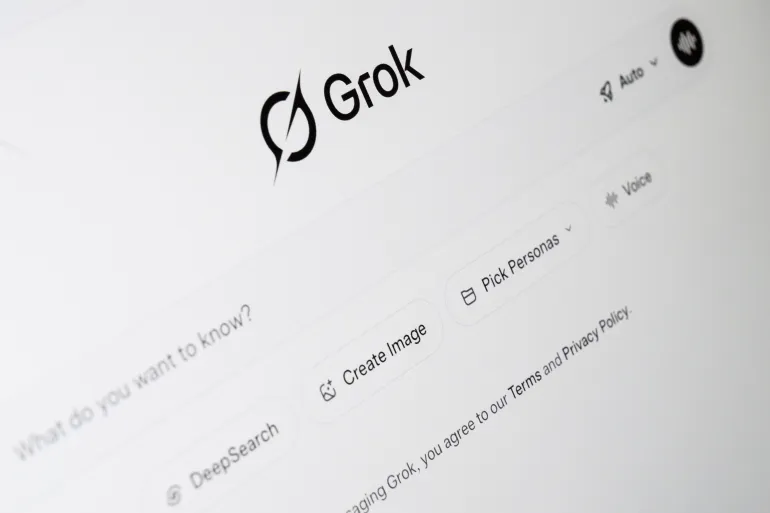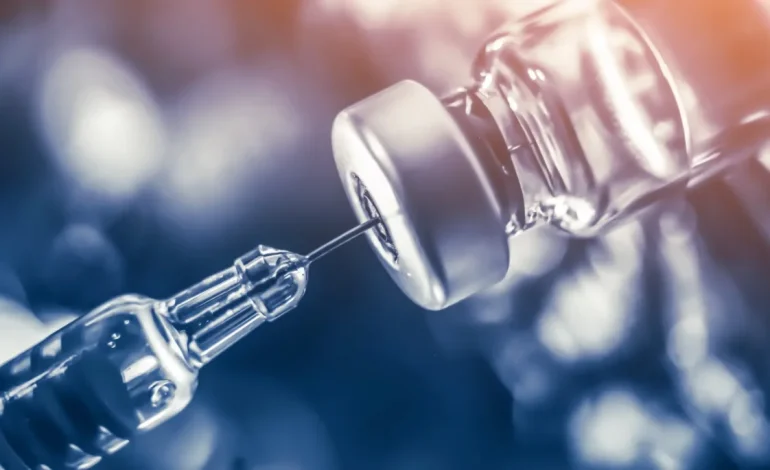There’s some seriously exciting buzz in the cancer research world right now: scientists at the University of Florida say they might be inching closer to a “universal” cancer vaccine — one that could potentially fight any kind of cancer.
In a new study published July 18 in Nature Biomedical Engineering, Dr. Elias Sayour and his team describe a breakthrough method that could wake up the immune system and train it to recognize and reject cancer cells — no matter the type.
“This approach wakes the immune system up like it’s under threat — and once it’s alert, it doesn’t just fight what we targeted, it starts attacking the cancer too,” Dr. Sayour told Newsweek.
The experimental vaccine is currently being tested in human clinical trials. If it continues to deliver results, Sayour says it “could be a completely new way to treat all cancer patients.”
Most cancer vaccines in development are “therapeutic,” meaning they’re meant to treat existing cancers — not prevent them like your typical childhood immunizations. The idea is to train the immune system to recognize tumors as threats and go after them.
What makes the University of Florida’s approach so different is that it’s not hyper-targeted to a single type of cancer. Instead, it’s designed to stimulate a broad immune response that could then spill over and attack cancer cells more generally.
Yale oncologist Dr. David Braun, who wasn’t involved in the study, called the idea “intriguing” — a bold attempt to supercharge the immune system without necessarily zeroing in on one type of tumor.
“It’s exciting early data,” he said, but cautioned that it still needs to go through rigorous clinical testing.
Let’s talk about the bigger picture for a second: in 2023 alone, over 600,000 Americans died from cancer, making it the second leading cause of death in the US behind heart disease. Despite breakthroughs in treatment, options are still limited — especially for aggressive or late-stage cancers.
There are cancer vaccines already out there (like Provenge for prostate cancer), and Moderna’s experimental mRNA-4157 vaccine for melanoma is in Phase 3 trials. But those are all designed for specific types of cancer.
This new UF study is a major shift because it opens the door to something far more universal — potentially useful against a wide range of cancers.
Despite the hype, experts say it’s too early to call this a cure-all.
Dr. Hua Wang, a cancer materials science expert at the University of Illinois, says there’s still a lot of work to do before this becomes a real treatment option. The biggest challenges? Safety testing, optimizing effectiveness, and getting the right funding and support to bring the research through long and expensive clinical trials.
“A universal cancer vaccine is the dream,” Wang said, “but practically, personalized vaccines are more likely to get approved first.”
Braun also noted there are still key questions to answer:
- What’s the best target for a cancer vaccine?
- Should it be combined with other treatments?
- How do we measure its long-term effectiveness?
And perhaps most importantly — can it really help patients live longer?
For now, this is early-stage, pre-commercial science — but it’s the kind of research that gets both scientists and patients excited.
UF’s Sayour is hopeful that the momentum continues. If trials go well, we might be looking at a new era in cancer treatment — one where vaccines don’t just prevent illness but turn the tide against it.










The latest news in your social feeds
Subscribe to our social media platforms to stay tuned